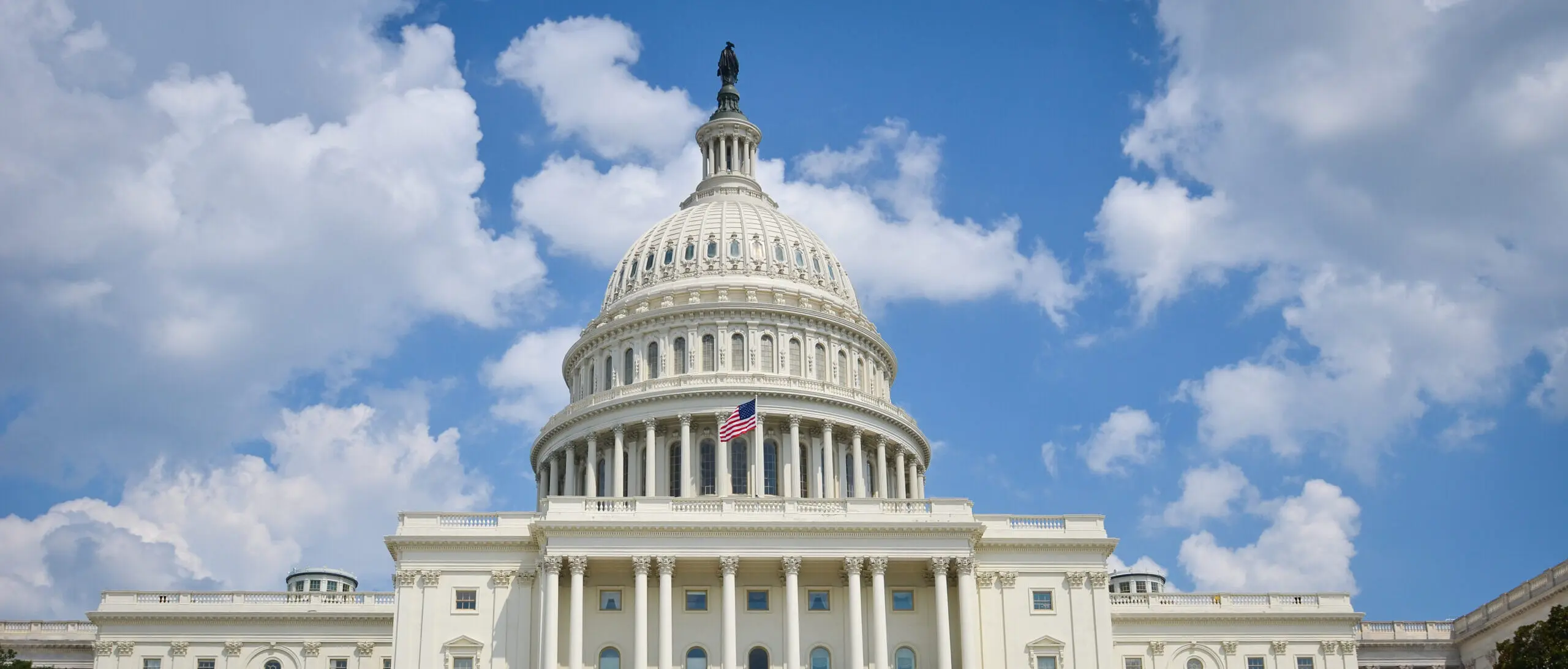

Looking Ahead to the Lame Duck Session
By: Allen Pinn, Coordinator, Policy
While many people are counting down until Election Day 2024, policymakers and advocates alike are also waiting with anticipation for the ensuing lame duck session, beginning November 12 and lasting until the new Congress is sworn in on January 3. During this session, the 118th Congress must pass several pieces of legislation including a funding bill for the Federal government before the current continuing resolution expires on December 20 and the National Defense Authorization Act. Both congressional items will be heavily influenced by the outcome of the 2024 election and which party stands to control the White House in addition to the House and Senate.
In addition to these legislative priorities, the lame duck session will give Congress the opportunity to act on a litany of policies pertinent to the patient community. The National Health Council (NHC) will be advocating on patient priorities and monitoring the lame duck session closely. Below is a summary of issues and legislation the NHC is urging Congress to act on in the remainder of 2024.
NHC Priorities
Telehealth Extensions
Telehealth is an essential tool for patients living with chronic diseases and disabilities, and policymakers on both sides of the aisle have supported increased access. During the COVID-19 pandemic, Medicare telehealth flexibilities were granted, allowing more patients to take advantage of online health care options. However, these flexibilities are due to expire at the end of this year if no legislative action is taken. In September, the House Energy and Commerce Committee unanimously passed the Telehealth Modernization Act of 2024, which would extend telehealth flexibilities for two years.
The NHC is urging Congress to act on these extensions by making them permanent or extending them for the foreseeable future.
Safe Step Act
Step therapy is a prior authorization practice where insurers require a patient to try and fail on lower-cost medications before allowing coverage for the treatment a provider and patient have worked together to identify. Introduced by Senator Lisa Murkowski (R-AK) and Representative Brad Wenstrup (R-OH), the bipartisan Safe Step Act (S.652 and HR 2630) would ensure that employer health plans offer a medically reasonable step therapy exceptions process, intended to help patients more quickly access effective treatments. The Safe Step Act is now included as an amendment in the Pharmacy Benefit Reform Act, which was passed out of committee in the spring by the Senate Health, Education, Labor, and Pensions Committee. The NHC Calls on Congress to pass the Safe Step Act.
Health Care Transparency
The health care system is complex and opaque, which creates barriers to care for patients, especially those living with a chronic disease or disability. A more transparent health care system is vital in expanding access to quality health care. The NHC is urging Congress to examine transparency issues across the health care system including pharmacy benefit managers (PBMs), hospitals, health care providers, insurers, and medical product manufacturers. It is imperative policymakers work with the patient community to create legislative proposals to holistically increase transparency. During the lame duck session, Congress has the opportunity to move forward on H.R.5378, the Lower Costs, More Transparency Act, which addresses many systemwide transparency. The bill previously passed the House with overwhelming bipartisan support (320-71-1).
Drug Cost Savings
The NHC strongly supports passing drug cost savings to patients, whether through rebate passthroughs or policies aimed directly at cost sharing. For instance, Section 203 of S.3430, the Better Mental Health Care, Lower-Cost Drugs, and Extenders Act, would reduce the amount of cost-sharing a patient might be responsible for in Medicare Part D drugs beginning in 2028. The NHC is calling for Congress to pass this provision in the lame duck session.
Rare Pediatric Disease Priority Review Voucher Program
Previously extended through December 20, FDA Priority Review Vouchers for rare pediatric disease are intended to incentivize drug development for rare diseases. These vouchers drive innovation and are imperative to expediating scientific breakthroughs. The NHC is calling on Congress to pass the five-year reauthorization of the voucher program before the end of the legislative calendar.
Regardless of the election results and outcomes from the lame duck session, the NHC will continue advocating for the patient community’s needs and practice its mantra of Putting Patients First™. To learn more about these issues and other NCH policy priorities, visit the Issue Areas webpage or view our 2024 Policy Matrix.


